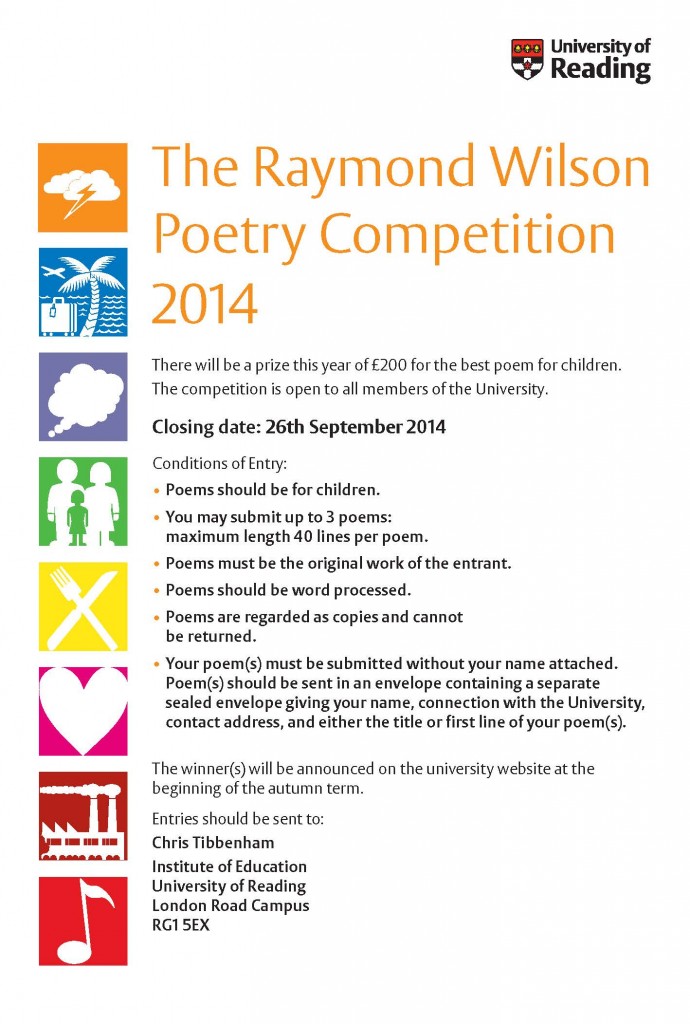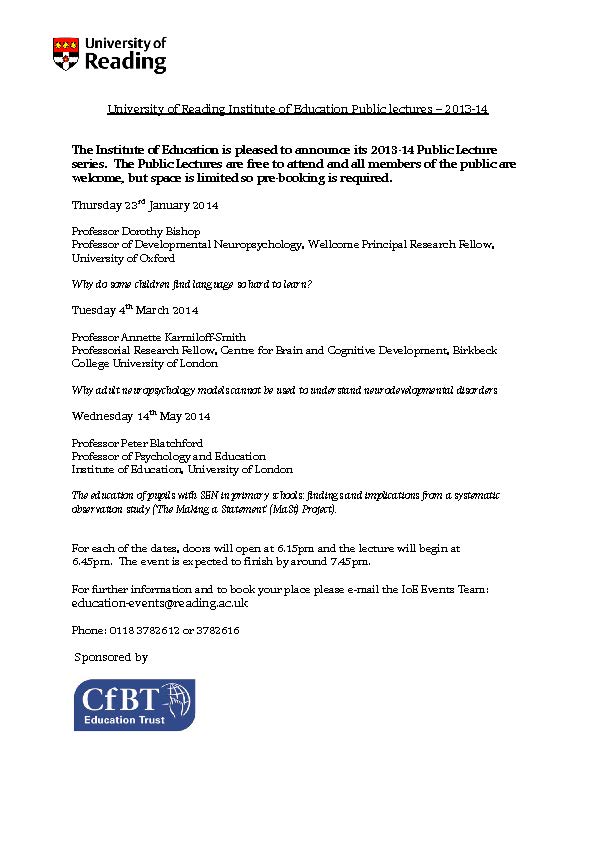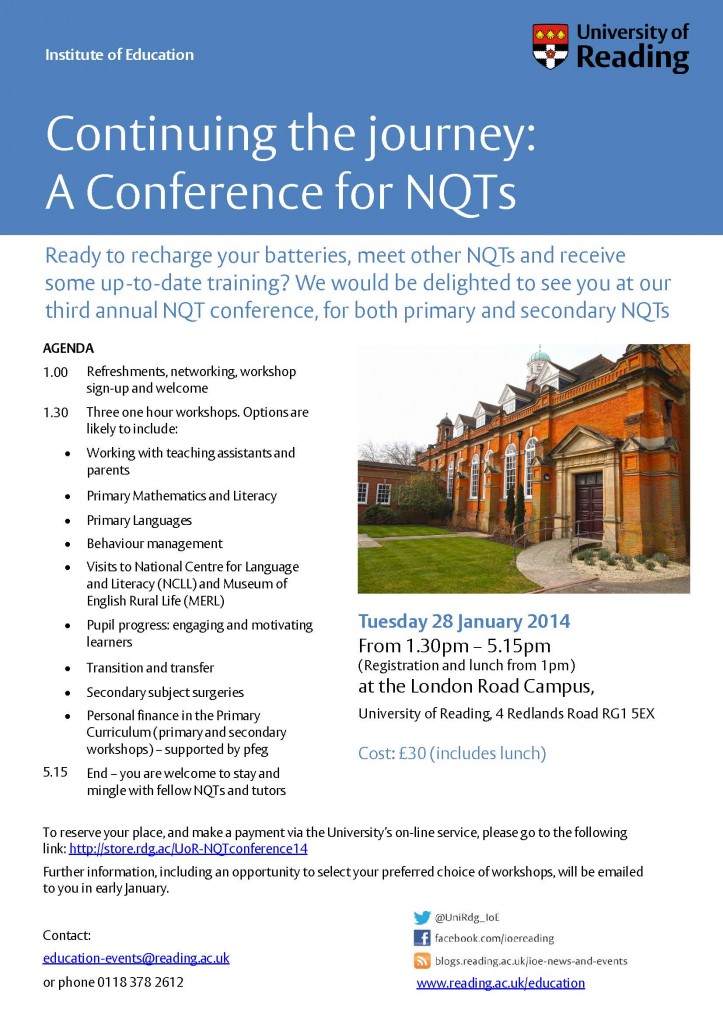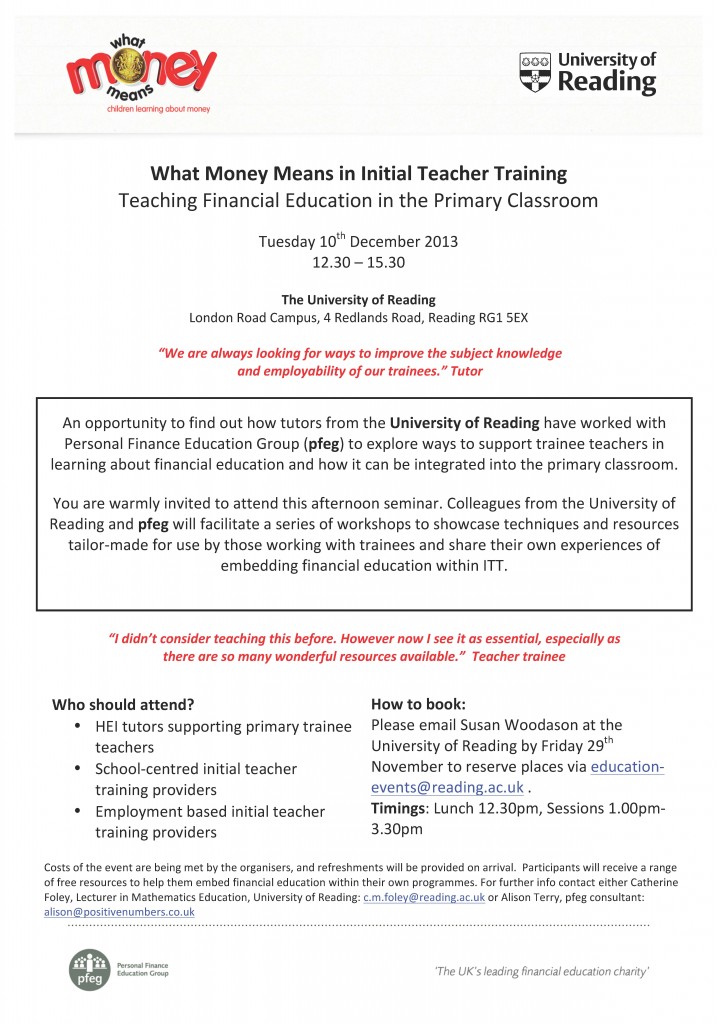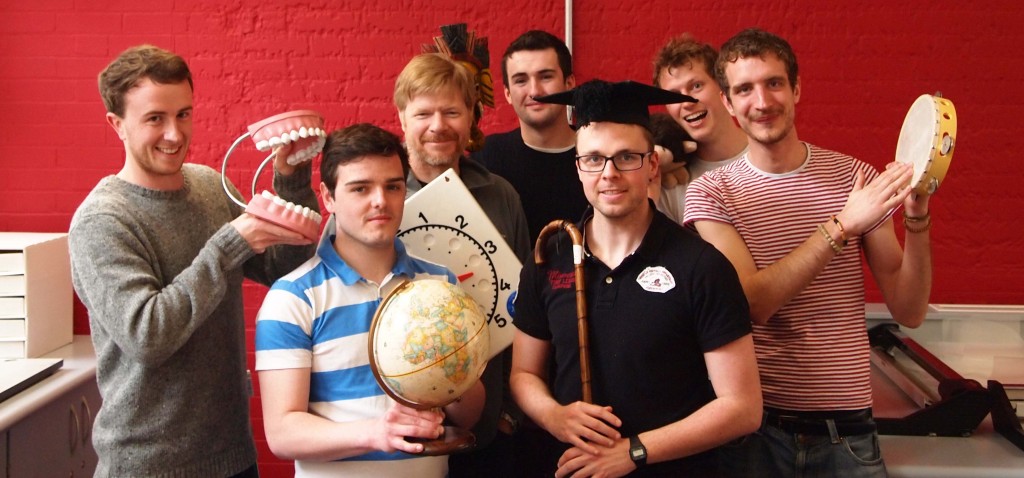 Handprint Theatre Visit
Handprint Theatre Visit
We were delighted to welcome back Handprint Theatre to deliver a workshop on slavery to TAEDS students. TAEDS alumni formed this accessible and highly successful theatre company which has established a strong reputation over the last few years and always provide inspirational and thought-provoking theatre for children and young people: A Spotlight on Slavery was no exception.
The workshop began with us being separated from our ‘family’ and given a number to replace our name. W
e were then ‘whipped’ with coloured stickers if we did not behave and crammed into a boat to row across the sea. Once we arrived on land we had to go to market and display our skills in the hope that we might be bought. *It was great to see how the topic had been approached and how slavery had been looked at from all angles: history and present day. The workshop enabled me to see how I might be able to use the skills I have learnt on the course out in the real world. It was fascinating to hear about how the 10 week project was structured and created, as on the course we usually only visit a school once. The work
shop was attended by TAEDS students from all years and this proved to be not only a valuabale way to learn from a professional company, but also an opportunity to interact with our peers in a deaf aware context. As well as being highly informative, the workshop was also a lot of fun – Thank you Handprint theatre!
Emily Moss,
Caroline Parker Workshop
One of the most vital elements of Theatre Arts Education and Deaf Studies (TAEDS) is the use of sign language in theatre and performance. Therefore a visit from Caroline Parker (MBE), a renowned deaf actor who is notable for her performance in the 2012 Paralympics opening ceremony, was undoubtedly a once-in-a-lifetime opportunity. The workshop was focusing on signed singing, so we started by watching Caroline perform two songs. One of the songs

was WutheringHeights by Kate Bush, a very emotional song which Caroline performed flawlessly whilst integrating humour to create stunning entertainment.
We then looked at characterisation through the seven stages of tension, thus allowing us to create a character and therefore a tone to portray the song. The first song we attempted to portray was a nursery rhyme, which had to be performed voice-off and with no sign. In this situation we had to consider how we would portray the rhythm of the nursery rhyme whilst physically showing the story. We then moved on to an actual song- Bohemian Rhapsody by Queen! In separate groups we took different stanzas of the song before performing them as a big group, which ended in a lot of cheering and laughing.
The experience of working with Caroline Parker was unforgettable. From the personal perspective of a first year, Caroline Parker was the first deaf person apart from our tutors who I had met which was worrying in itself, as we were unsure as to how well we would be able to communicate; however Caroline was exceptionally understanding of our different levels of sign ability and so she accommodated us who weren’t as experienced as our older peers. However, realising that we could communicate well with her was a real confidence booster which, intermingled with all the fun, meant that we had a truly magnificent experience! It was an absolute honour to spend those two hours learning a craft which some of us may want to pursue in the future, and an incredible experience overall.
Alice Taylor,
Year 1 student.
Vamos Theatre: The Review
One grandma, one grandson, his gang, her dementia and their journey to finding Joy-
‘Finding Joy‘ is about the grandma: Joy and her rebellious young grandson named Danny, who takes it upon himself to become her carer. Though Joy’s daughter neglects her, an unlikely bond transpires between two opposing generations, while they try to overcome the difficult challenges created by her dementia. However this should not be misinterpreted as just another piece of issue prompted theatre. In the humble words of the director, ‘Finding Joy‘: “Seeks to go beyond dementia to rediscover the person.”
Newspapers such as: ‘The Stage’ have printed jubilant comments such as: “an immensely affirmative joie de vivre…Catch it while you can”
The ever evolving bond of love and trust between Joy and Danny is exquisitely performed through a series of sporadic glimpses into Joy’s past, showing the time line from her war time nostalgic childhood including evacuation, to the eventual birth of her daughter. The trials and tribulations of each brilliantly performed character are never underplayed causing such an effect on the audience, causing them to pass around the tissues frequently. However this is greatly balanced by its light hearted comedic impact.
All this is achieved with the use of full masks, mime and the occasional inclusion of the lovable west island terrier puppet. The adept use of the masks truly show theatre students how it’s really done: although the masks represent one emotion, the actors performed at such a level that the masks mysteriously displayed various opposing emotions, truly showing how one show can be universal for both hearing and deaf audiences.
Vamos is rapidly establishing itself as one of the most innovative exciting full mask mime companies within contemporary theatre. ‘Finding Joy‘ is an incredibly moving and enjoyable production. All the people within TAEDS thank you Vamos.
Blair Dunn
Year 2 student
To find out more visit: @UniRdg_TAEDS
